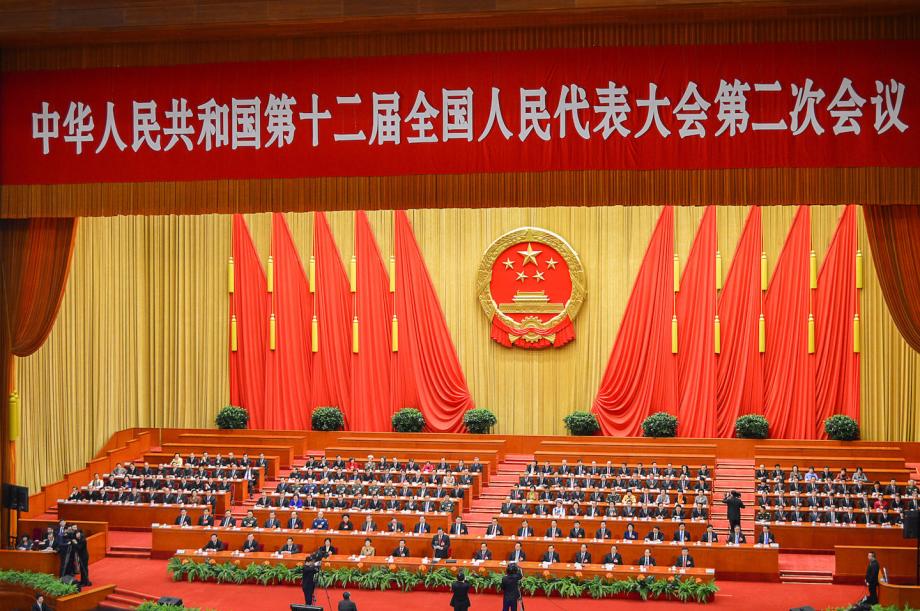The most important meeting in China’s political calendar, the 20th Communist Party Congress, is to begin this Sunday. The week-long gathering that occurs twice in a decade will determine China’s leadership for the next five years. To mark the event, GLOBSEC asked three experts about their opinion on how will the CCP’s elections affect China’s response to its current foreign and domestic challenges.
Matej Šimalčík, Executive Director, Central European Institute of Asian Studies
Xi Jinping’s confirmation as the CCP General Secretary for a third term seems to be a done deal. However, the CCP’s future trajectory will depend also on who secures the remaining posts on the Politburo and its Standing Committee. In light of ongoing repression against any form of internal or external opposition, we can expect continuing institutionalization of sycophancy within the Party. Decision making will become more rigid and less capable of addressing existing domestic and external challenges. Unless the CCP finds a magic fix for internal economic pressures, it will be forced to increasingly rely on jingoistic rhetoric and actions to maintain its domestic legitimacy. More military adventurism may follow, in Taiwan Strait and elsewhere, especially as Xi has tied his future legacy to achieving reunification of the motherland as part of his overall vision of the Chinese Dream.
Charles Tannock, Associate Fellow, GLOBSEC, Former Member of European Parliament
The Congress is not expected to bring any surprises. It elects the 200 strong Central Committee which elects the Politburo and the ultimate powerbase of its Standing Committee of 7 which includes President Xi Jinping and Prime Minister Li Keqiang who is expected to stand down. All of this is a totally opaque process to outsiders. There is speculation who will be the new PM but Xi is expected to be reanointed as Secretary General of the CPC, Chairman of the CMC and by the State Council as President of China for an unprecedented 3rd term. After 10 years of his centralising of power he has made recent speeches about struggles towards Chinese rejuvenation by 2049 with targets on military modernisation and a carbon neutral economy by 2035. I expect little change in the PRC muscular policy towards Taiwan, suppression of Tibetan and Uighur human rights, or rapprochement with the USA.
Jacqueline Sirotová, Research Fellow, Future of Security, GLOBSEC
Even though the Congress isn’t expected to deliver any major surprises, there are some questions on the table that will unveil in response to it. Regarding domestic policy, I expect a greater focus on Chinese slowing economic growth and related reforms. On the outside, after the Congress is over, I believe we can expect even more assertive foreign policy, namely towards Taiwan. Approaching Xi´s unprecedented third term in the office, the question also remains who will take on the premiership, as Li Keqiang is expected to step down, and who will in the end form the Standing Committee. Since this is what many call a very opaque process, we can only expect that people close to Xi will be appointed, a move which would further consolidate his position.
